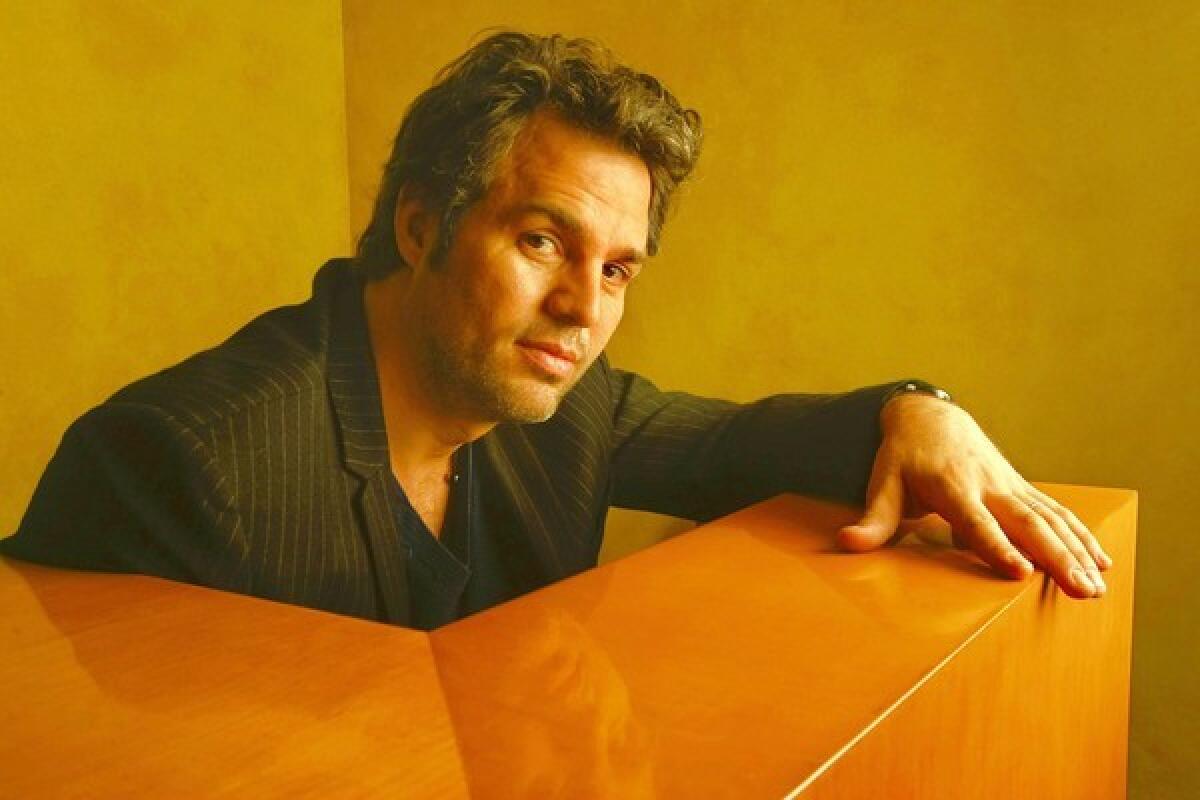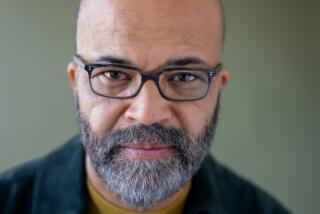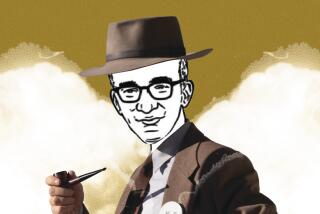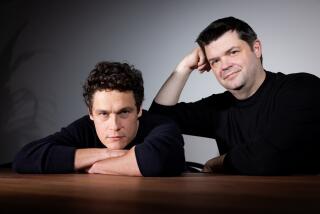Contender Q&A: Mark Ruffalo upends a women’s world in ‘The Kids Are All Right’

Into the seemingly idyllic, if nontraditional, two-mom family world of “The Kids Are All Right” saunters trouble in the form of Mark Ruffalo. His rakish Paul, the family’s heretofore anonymous sperm donor of the now teen children, brings the swaggering fun you’d expect from any motorcycle-riding, organic-fare restaurateur.
Costar Julianne Moore said after all this female energy on the set, when you showed up, you were “über-male” and “all hairy and beardy,” and all this male stuff came through. How does that make you feel?
Great. It was a nice set to walk onto. I like all that female energy. I also like being the only über-male amid it. [laughs] It was one of those kind of electric moments, though. The character is so sexually forward and appealing in so many immediate ways that there was that kind of sweet titillation happening that made my introduction nice into that world. Honestly, I was really nervous, actually. I knew Julianne, but it’s Annette [Bening] and I’m the new guy and they’ve been shooting for a while … that character has a lot more confidence than I generally do.
Did you see any pitfalls in playing Paul? His behavior can be … irresponsible, shall we say? What do we need to know about him?
He is that interesting intersection of someone you love or love being around — he has that kind of joie de vivre inside him; he devours life. There’s a lot of eating — the way he eats says a lot about him. But at the same time, the way he lives is kind of morally questionable, to some conservative ideas. As an actor, it’s interesting to see how far you can sway on that side of the fence without falling off. So, I like that there are some dangerous moments.
Did you have specific questions about him you needed answered by your writer-director?
I read it and I had one question. I said, “Lisa, how are you going to handle the sex?” She said, “Well, um … what were you thinking?” I said, “I really hope you’re open to the idea of making it as comedic as possible. Awkward, strange, not elegant, no backlighting, just raw.” She said, “That’s exactly what I’d like to do.” I said, “OK. And, uh, I don’t want to show too much.” She said, “Well, we’ll try, but you’re going to have to show something.” Sometimes I think the only reason I have a career is none of these other guys are willing to show their asses. [laughs]
How aware were the folks in the production of political events — Proposition 8’s ban on gay marriage, for example?
You couldn’t get away from it. When we were making it, that was really the topic in California. I find that politics as a racket is purposefully polarizing. An issue is used to separate people. I think when you approach a film as a polemic, instead of bringing people together, you end up polarizing them. What I love about the movie is that it has no political haranguing. It’s a human story about a family. It transcends the politics — like great storytelling, it brings people together instead of tearing us apart. It’s incredibly effective.
Very quickly, the novelty of the gay marriage and the sperm-donor dad and the teenage kids who want to find him, that melts away and you’re watching your family; a couple who’s been together a long time, having the arguments any couple who’s been together a long time has. They’re watching kids who are trying to assert themselves as teenagers and break away from old ideas of who they are. I defy anyone to watch this movie and not see themselves at some time in their lives in it, you know?
More to Read
The biggest entertainment stories
Get our big stories about Hollywood, film, television, music, arts, culture and more right in your inbox as soon as they publish.
You may occasionally receive promotional content from the Los Angeles Times.






